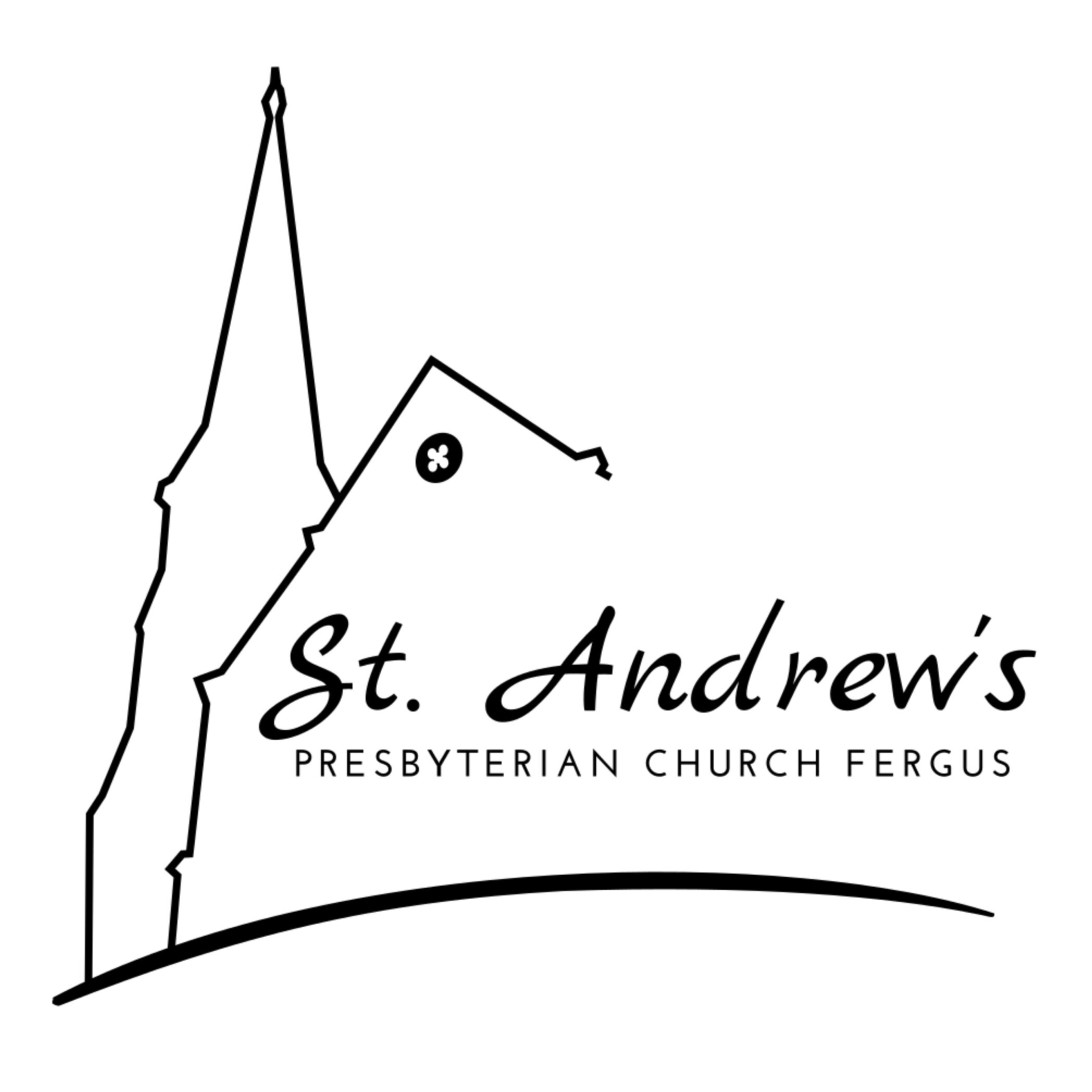Remembering Our Way to Hope
Psalm 77
To the leader: according to Jeduthun. Of Asaph. A Psalm.
1 I cry aloud to God, aloud to God, that he may hear me.
2 In the day of my trouble I seek the Lord;
in the night my hand is stretched out without wearying;
my soul refuses to be comforted.
3 I think of God, and I moan; I meditate, and my spirit faints. Selah
4 You keep my eyelids from closing; I am so troubled that I cannot speak.
5 I consider the days of old, and remember the years of long ago.
6 I commune with my heart in the night; I meditate and search my spirit:
7 ‘Will the Lord spurn for ever, and never again be favourable?
8 Has his steadfast love ceased for ever?
Are his promises at an end for all time?
9 Has God forgotten to be gracious?
Has he in anger shut up his compassion?’ Selah
10 And I say, ‘It is my grief
that the right hand of the Most High has changed.’
11 I will call to mind the deeds of the Lord; I will remember your wonders of old.
12 I will meditate on all your work, and muse on your mighty deeds.
13 Your way, O God, is holy.
What god is so great as our God?...
15 With your strong arm you redeemed your people,
the descendants of Jacob and Joseph. Selah
16 When the waters saw you, O God,
when the waters saw you, they were afraid;
the very deep trembled….
19 Your way was through the sea, your path, through the mighty waters;
yet your footprints were unseen.
20 You led your people like a flock by the hand of Moses and Aaron.
The psalm has been slightly abridged due to its length.
The Psalm comes in two parts. Vs. 1-10, explore the painful experience of feeling that God has abandoned psalm writer. Vs. 11-20, are a reminder that there have been other times (specifically slavery in Egypt) when the people of Israel felt abandoned by God, but God did act in power and might.
The despair of vs. 1-10 is deep and real. There seems to be no answer to the heart-ache – vs 2 – “my soul refuses to be comforted”; vs. 4 – “I am so troubled I cannot speak”. This leads to a questioning of God – vs. 8 wonders if God is not longer a God of “steadfast love”; if God no longer keeps promises. Maybe God is not gracious and is not full of compassion (vs. 9)? These are serious accusations.
Part of what feeds the searching questions is that in vs. 5 the writer remembered the way God used to be. A God who acted with compassion and steadfast love. But now it seems that God no longer acts that way – that God has changed (vs. 10).
We know these questions well. The stories about the way things were, the way the church was, the way people saw God at work, often seem distant from our present experience. The memory of the way things were seems to make things worse – but in vs. 11 it is precisely remembering God’s “wonders of old” that turns the psalm writer from despair to hope. The remembering brings a change in the writer, for God has not changed – God is still holy and there is no god “so great as our God.” God who acted in the past will act again, the God of wonders is will the one before whom all of creation is in awe and wonder.
PRAYER:
O Lord, you did great things in the past, remind us anew of what you have done, so that we might trust you to do in the future as you have done in the past, wonders that amaze us. Remind us of your past acts that we might have courage for the future, a future which is secure in your hands. In Jesus’ name. Amen.
